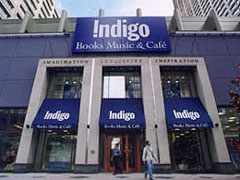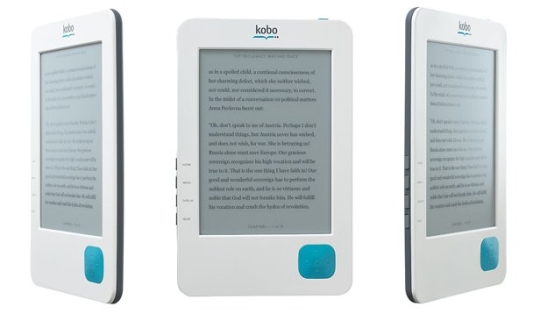Ebooks and the pricing surrender monkeys
Google launched its ebookstore in Canada last week and, as a self-interested author, the first thing I did was head over to see how much my book, Sex, Bombs and Burgers, was selling for.
Surprise, surprise, it’s going for the princely sum of $21.99, which is not only more than the hardcover on Amazon or Chapters, it’s also quite possibly the most expensive ebook in history. This isn’t surprising because it’s exactly the same price that Chapters/Indigo has been charging through Kobo.
Who would pay that much for an ebook? Aren’t digital goods supposed to be cheaper because they have significantly lower manufacturing and distribution costs?
Exactly. Which is why I sold all of 16 of them in the second half of 2010, according to my sales reports.
Google has evidently joined Kobo in catering to publishers’ out-of-date pricing schemes. So, while Canadians seem to have growing choice between e-tailers, most of those sellers aren’t actually going to bat for consumers by trying to lower prices. It’s a little surprising in Google’s case, given that the company has in the past been willing to go to war on things such as wireless prices and net neutrality.
The exception in ebooks is Amazon, which has been notable in its battle against publishers on several fronts. The most recent is the skirmish over its new book lending program, which has prompted some libraries to stop buying from the likes of HarperCollins.
My favourite situation is the fight between Penguin, my publisher in Canada, and the online bookseller over pricing. A quick recap: Amazon last year wanted all ebooks to be priced at $9.99 (a price I agree with, by the way) but Penguin would have none of it. The publisher said it would no longer let Amazon sell its ebooks once their contract expired so, in retaliation, Amazon decided to sell all of Penguin’s physical books at $9.99. The company might take a loss on those books or not make as big a profit, but it was evidently set on making its point. Gotta love those kinds of balls.
The two companies ended up settling the dispute, but something is still going on since I can’t find my ebook on Kindle. I wish I could say why that is, but as is usually the case with us authors, nobody tells us nothing, even when we ask.
That’s why Google’s ebookstore launch is a ho-hum for me and it’s why, as a consumer, I buy all my books - physical or digital - from Amazon.




Recent Comments